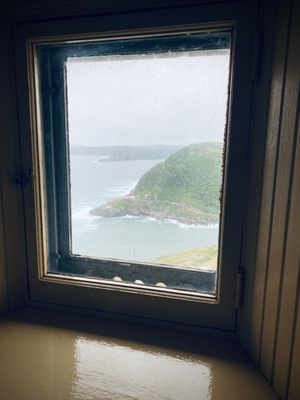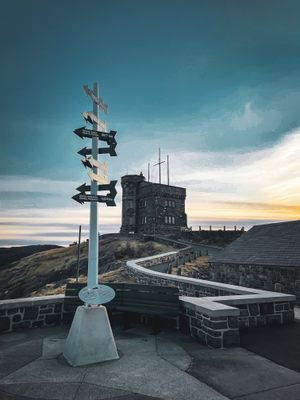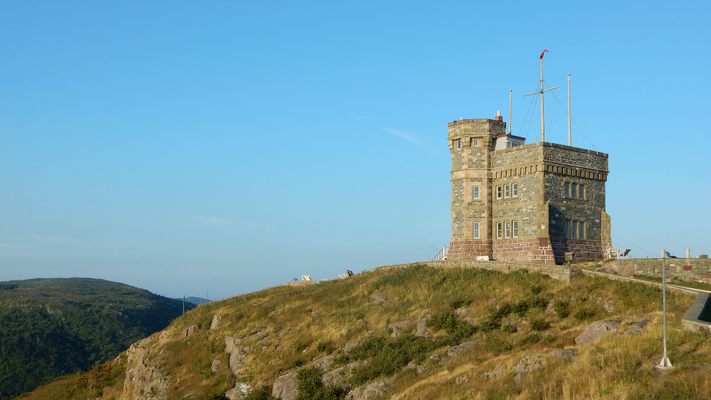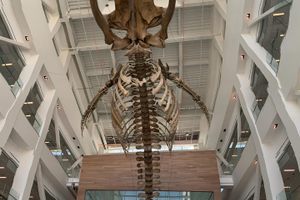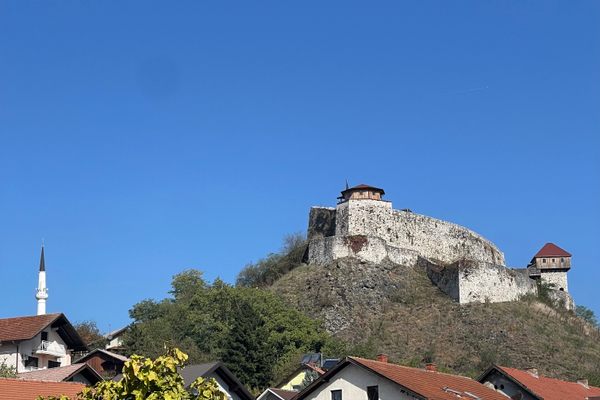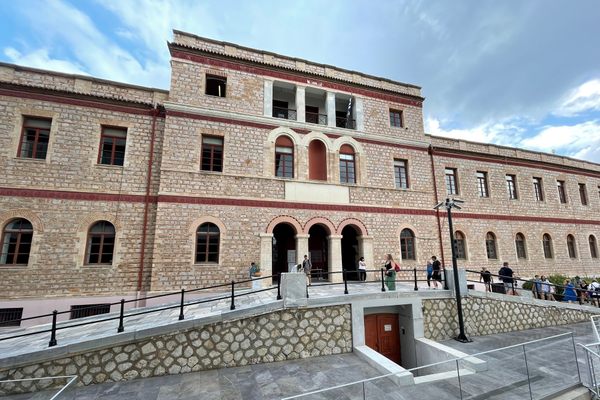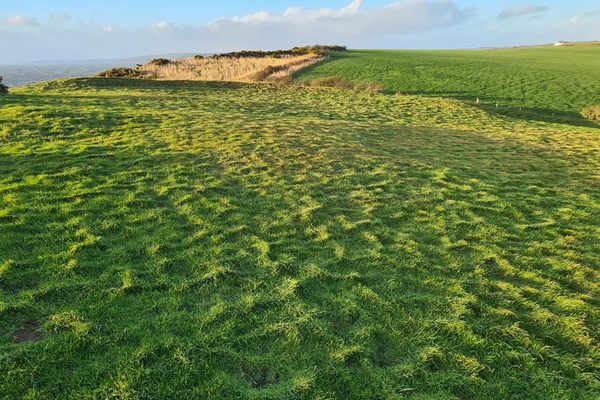About
On a cold December day in 1901, an Italian scientist named Guglielmo Marconi heard three faint clicks on a receiver at Signal Hill—the letter "S" in Morse code. Few people initially realized it, but those clicks heralded a transformation in telecommunications.
The clicks meant the first transatlantic wireless message in the world had been received, from more than 2,000 miles away in Cornwall. While Marconi and others previously had success sending wireless signals over shorter distances, many believed the Earth's curvature would prevent long-distance wireless communications. Marconi instantly realized the importance of what he’d been trying to achieve, although presumably, he could not imagine the billions of texts and phone calls per day sent and received a century later.
Signal Hill had an intriguing history even before the revolutionary wireless message reception. It was first a fort built by the British military in the 17th century. The final battle of the Seven Years War was fought here, with the British successfully defeating the French. Fortifications were expanded during the 19th century, and construction began on Cabot Tower in 1897 to commemorate both Queen Victoria’s Diamond Jubilee and the 400th anniversary of John Cabot’s landing in Newfoundland.
During the 1890s, Ross’s Valley Hospital operated on Signal Hill to isolate fever, smallpox, and epidemic patients from the general population, but given the bluff’s remote locale, it was never used to capacity, abandoned in the early 1900s, and destroyed by fire in 1911.
Visitors today can visit Cabot Tower, which contains an exhibit on the Nobel Award-winning Marconi and his achievements, as well as hike an extensive trail system along the cliffs to enjoy views of the Atlantic Ocean and frequent whale sightings. During the summer, tourists can view a performance of the Signal Hill Tattoo, which showcases reenactors dressed as Newfoundland regiments from 1812 and 1917, complete with full military uniforms, drills, battle tactics, and a cannon exhibition, all accurate to the appropriate periods.
Related Tags
Know Before You Go
The Visitor Interpretation Centre and Heritage Shop are open daily from mid-May to mid-October. The Signal Hill Tattoo performs at 11 a.m. and 3 p.m. every Wednesday, Thursday, Saturday, and Sunday in July and August, weather permitting.
Community Contributors
Added By
Published
July 26, 2019




